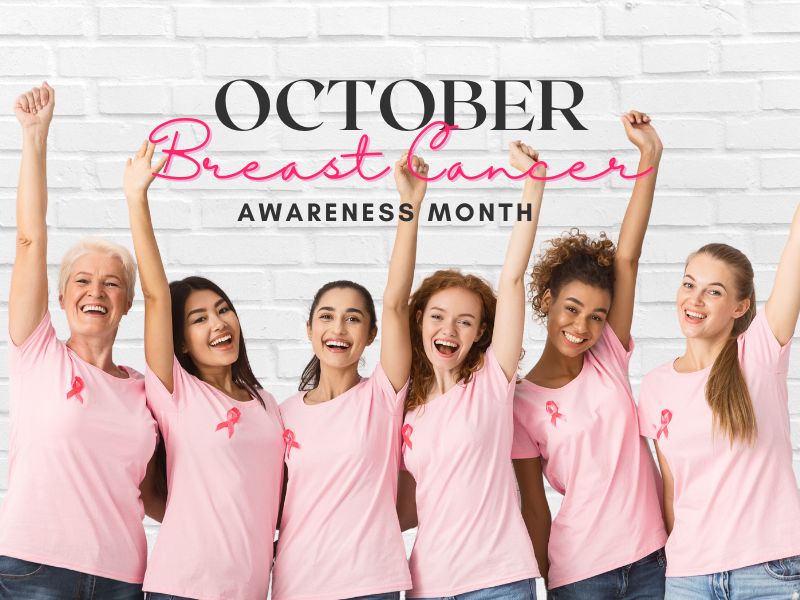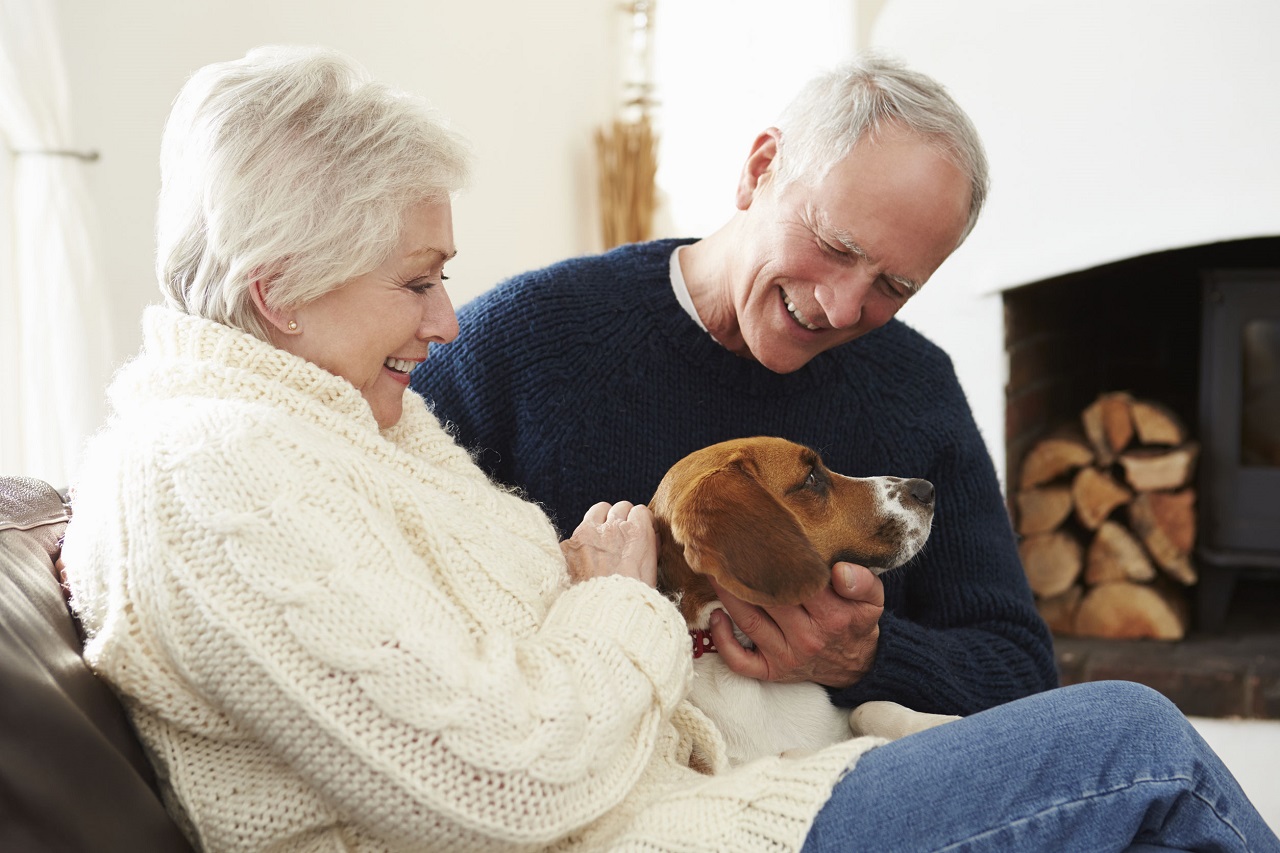Recognized globally, October is designated as Breast Cancer Awareness Month – a powerful initiative aimed at increasing attention and support for the awareness, early detection, and treatment, as well as palliative care of this disease. This month serves as a beacon, rallying women of all ages to continue their fight against breast cancer and encouraging everyone to contribute to raising awareness.
In this blog post, we will explore the subject of Breast Cancer Awareness for Seniors. Join us as we explore this important topic and provide valuable insights.
Understanding Breast Cancer
Breast cancer, a complex disease, occurs when cells in the breast undergo uncontrolled growth, leading to the formation of a tumor. This condition primarily affects women, with two-thirds of invasive breast cancers being diagnosed in women aged 55 years or older. It is important to note that while age is a significant risk factor, other factors such as family history, hormonal imbalances, and lifestyle choices also play a role in the development of breast cancer. Regular screenings, early detection, and awareness can greatly improve outcomes and save lives.
Statistics highlight the alarming prevalence of breast cancer among seniors, emphasizing the urgent need for awareness and preventive measures. Additionally, it is crucial for older adults to be vigilant about any potential changes in their bodies, as symptoms may present differently in this age group. By staying informed and proactive, seniors can prioritize their health and well-being in the face of this pressing issue.
Awareness and Early Detection
Early detection plays a pivotal role in the successful treatment of breast cancer. By identifying the disease at its earliest stages, medical professionals can implement targeted interventions and increase the chances of positive outcomes. Unfortunately, some seniors, due to a lack of awareness or misconceptions about their risk factors, may not prioritize regular screenings or seek medical attention promptly. This can result in delayed diagnosis and treatment, potentially impacting the effectiveness of interventions and overall prognosis. Raising awareness about the importance of early detection and debunking misconceptions is crucial in ensuring that seniors receive timely and appropriate care for breast cancer.
According to current guidelines, regular screening is recommended for seniors to detect potential health issues. Mammograms, which are the most common method, are often used to screen for breast cancer. However, depending on the individual’s specific conditions and health history, other methods such as ultrasounds and MRIs may also be employed to ensure a comprehensive evaluation and early detection of any abnormalities. These additional screening techniques provide healthcare professionals with a more detailed assessment, allowing for tailored approaches to individual care and improved health outcomes.
Lifestyle Choices to Reduce Risks of Breast Cancer
Leading a healthy lifestyle plays an instrumental role in reducing the risk of breast cancer, particularly among seniors. The following list outlines nine practical actions that can be taken to minimize exposure to known risk factors.
- Regular Exercise: Engaging in physical activity for at least 30 minutes a day can significantly decrease the risk of breast cancer.
- Balanced Diet: Consuming a variety of fruits, vegetables, lean proteins, and whole grains helps maintain a healthy weight and reduces the risk of various types of cancers, including breast cancer.
- Limit Alcohol: Excessive alcohol consumption is linked to an increased risk of breast cancer. Limiting intake to one drink per day can help in risk reduction.
- Avoid Smoking: Tobacco use in any form is a known risk factor for many types of cancer, including breast cancer.
- Regular Check-ups: Regular health check-ups and screenings can help in the early detection of any abnormalities.
- Maintain a Healthy Weight: Obesity, particularly after menopause, increases the risk of breast cancer. Maintaining a healthy weight can decrease this risk.
- Breastfeeding: For women, breastfeeding might play a part in breast cancer prevention.
- Avoid Exposure to Radiation and Environmental Pollution: Some research suggests a link between exposure to radiation or environmental pollution and breast cancer.
- Hormone Therapy: Limit hormone therapy. Some women experience menopausal symptoms that are severe enough to require this therapy, but limiting its duration can help protect against breast cancer.
Breast cancer stands as a formidable adversary in the health sector, affecting women worldwide and posing an augmented risk for seniors. However, it’s vital to remember that knowledge is the most potent tool we possess. Understanding the risk factors, recognizing symptoms, and advocating for early detection through regular screenings can make a significant difference in battling this disease. Moreover, leading a healthy lifestyle and making informed choices can substantially mitigate the risk. It is incumbent upon all of us, irrespective of age, to cultivate awareness and support initiatives aimed at enhancing the prevention, diagnosis, and treatment of breast cancer. Let’s stay informed, stay vigilant, and, most importantly, stay strong in our collective resolve against breast cancer.
Resources for Seniors and their Families
There are numerous resources available for seniors and their families, providing support and further reading on breast cancer. From online platforms to community support groups, help is out there.




